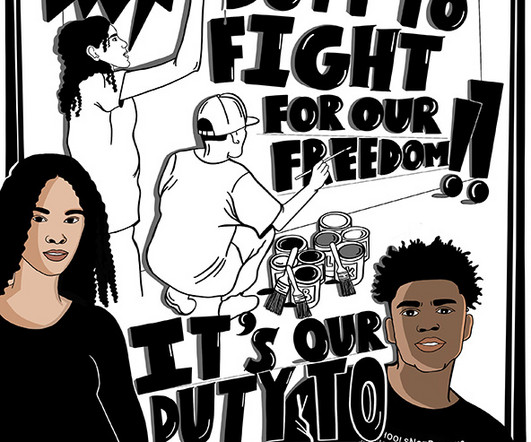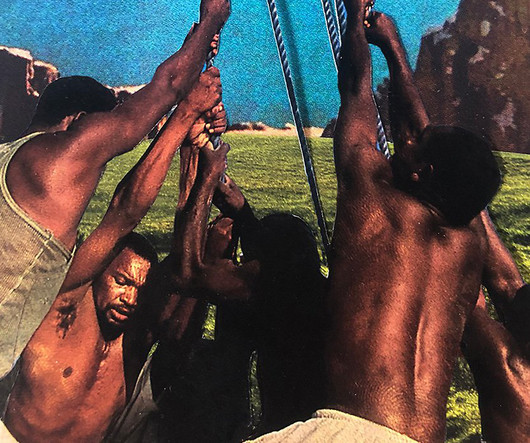Bridging for Environmental Justice across Space and Time: Cambodia and the US South
NonProfit Quarterly
NOVEMBER 21, 2024
6 And it got me thinking about how the construction of this dam reflects a broad and long pattern of environmental injustice globally. Since the dam’s construction and operation, the holdouts have faced pressures from the dam company, which has offered them inadequate compensation and the threat of law enforcement.













Let's personalize your content